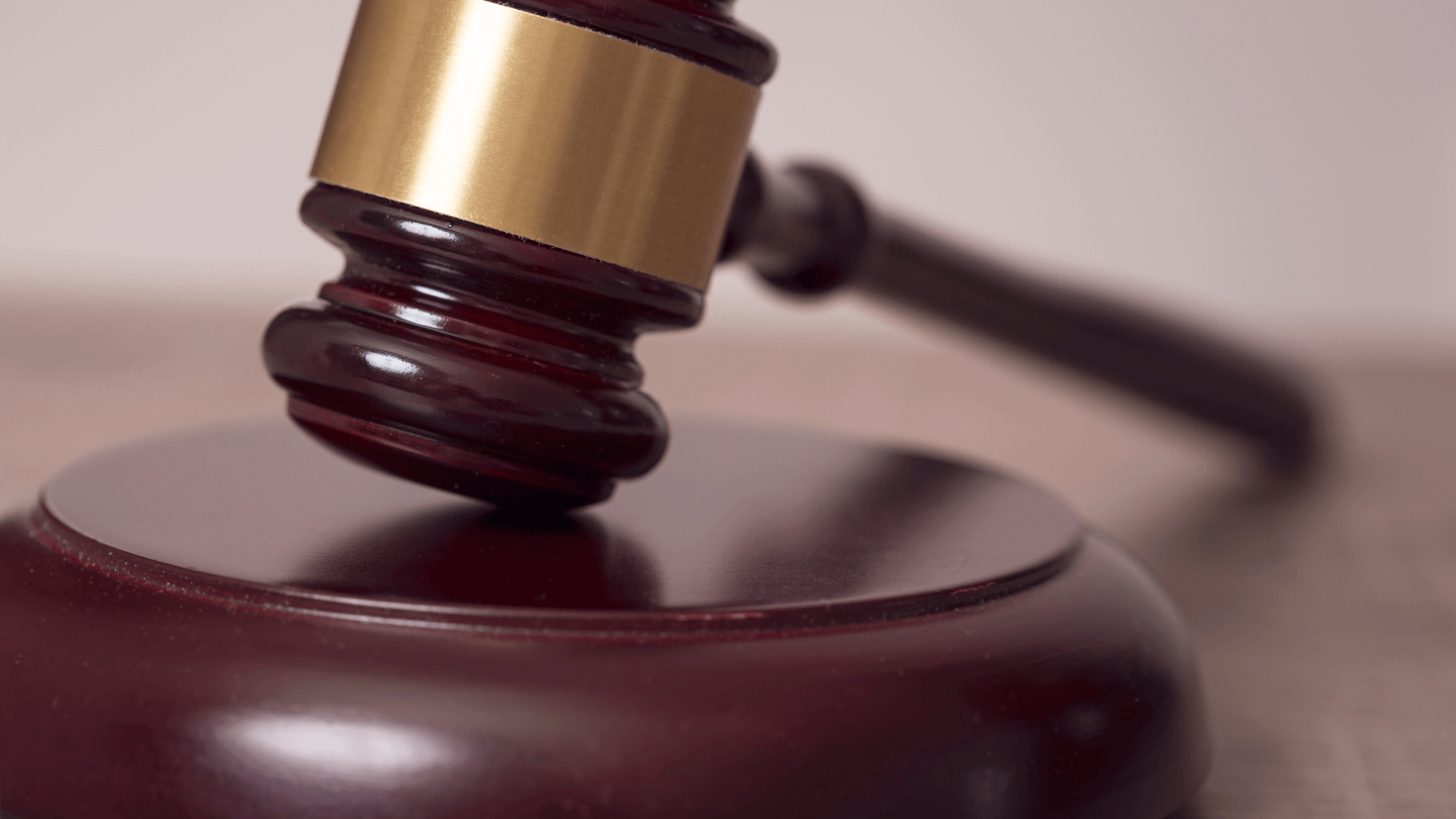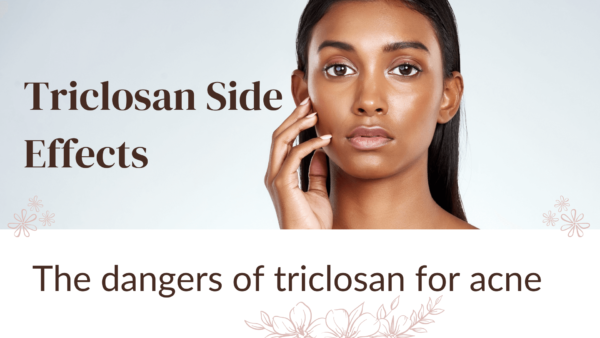Do you suffer from acne and feel like nothing is working to combat it? You’ve probably heard of triclosan, an antibacterial ingredient that is commonly used in many skin care products. But what are the dangers of triclosan? In this blog post, we will explore all potential triclosan side effects so that you can make a fully informed decision about whether or not it’s right for your skincare regimen. So sit back, relax, and let’s get started on what could potentially be a dangerous discovery!
But first, let’s start with general knowledge about triclosan!
Triclosan and its common uses
Triclosan is an antibacterial ingredient used in many skin care products, such as facial and body washes, soaps, toothpastes, and acne treatments. This chemical has a wide range of antibacterial activity against both gram-positive and gram-negative bacteria. It is also effective against fungi, yeast, and other microorganisms. Triclosan is commonly used in products marketed as “antibacterial” or “antimicrobial,” but there is no evidence that these products are any more effective than regular soap and water.
The potential side effects of triclosan
The most serious side effect of triclosan is its potential to disrupt the endocrine system, as reported. This can lead to a number of health problems, including infertility and birth defects. Other concerns include skin irritation, allergies, and eye damage.
Studies have also found that regular use of products containing triclosan may contribute to the development of antibiotic-resistant bacteria, and this could threaten human health.
Some research suggests that triclosan may be an “environmental hormone disruptor” which means it can interfere with the body’s natural hormonal processes. This could cause serious health problems such as cancer and fertility issues.
In addition, there is evidence that triclosan can have a negative effect on the environment, specifically marine life. Studies have found that triclosan can accumulate in water and can be toxic to aquatic organisms.
Is triclosan still used today?
Due to the potential risks of triclosan, it has been banned from being used in skin care products in the United States by the Food and Drug Administration (FDA). In the European Union, triclosan is only allowed to be used in certain products that are considered to have a low risk of exposure, such as toothpastes. However, the ingredient is still used in many Australian skin care products because it is not yet banned here.
In addition, triclosan is still used in a number of consumer products, such as kitchenware and toys. It is also used in some medical settings, such as surgical scrubs and instruments, to help prevent the spread of dangerous bacteria.
So while its use in skin care products is still accepted in some countries and banned in others, it is important to be aware of the potential risks associated with triclosan. Always read the ingredients label before using a skin care product and avoid any products with triclosan listed as an ingredient.
The verdict: Is triclosan safe?

Ultimately, the evidence suggests that triclosan is not safe to use in skin care products and has potential side effects and risks. There are a number of safer alternatives available, such as natural ingredients like tea tree oil, green tea, and aloe vera.
It is also important to keep in mind the potential environmental risks of triclosan. Regular use of this ingredient can contribute to antibiotic resistance, harm marine life, and interfere with the natural hormonal processes of the body.
When to consult with a dermatologist about more serious skin conditions
If you suffer from acne, it is important to speak to your doctor or dermatologist before using any products containing triclosan. They can advise you on the best treatment options for your skin and help you determine which products are safe to use. If your acne is severe, they may even suggest prescription treatments that do not contain triclosan.
Conclusion: Weigh up the pros and cons
In conclusion, while triclosan may seem like an effective way to combat acne, its potential side effects and risks cannot be ignored. It is important to weigh up the pros and cons before making any decision about using it as part of your skincare routine.
We hope this blog post has been helpful in providing you with information on triclosan side effects so that you can make a fully informed decision. Remember, always consult with your doctor or dermatologist before making any changes to your skincare regimen. Good luck!
Thanks for reading! Be sure to check out the rest of our blog posts and find the best solution for your skin care needs.
